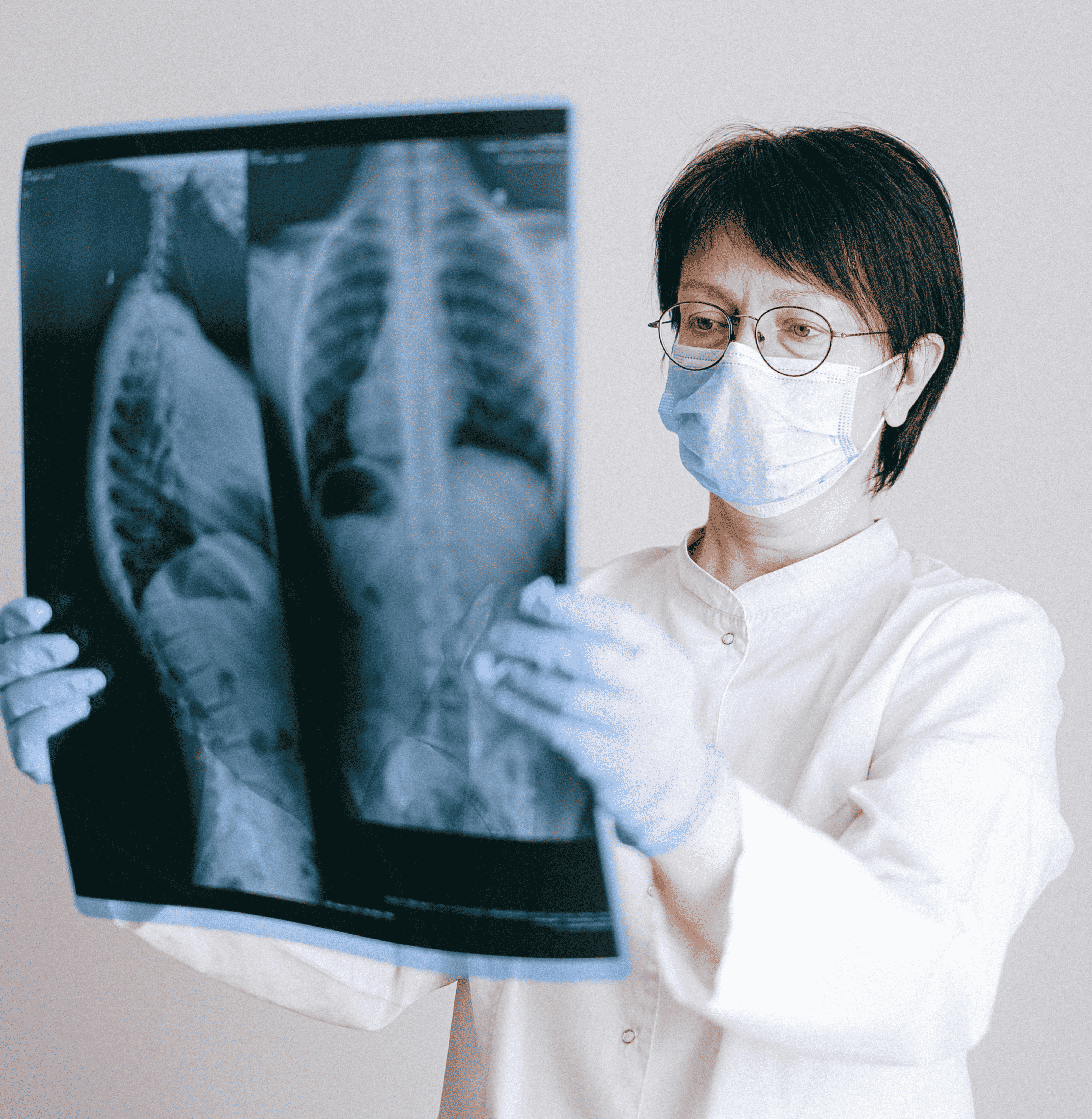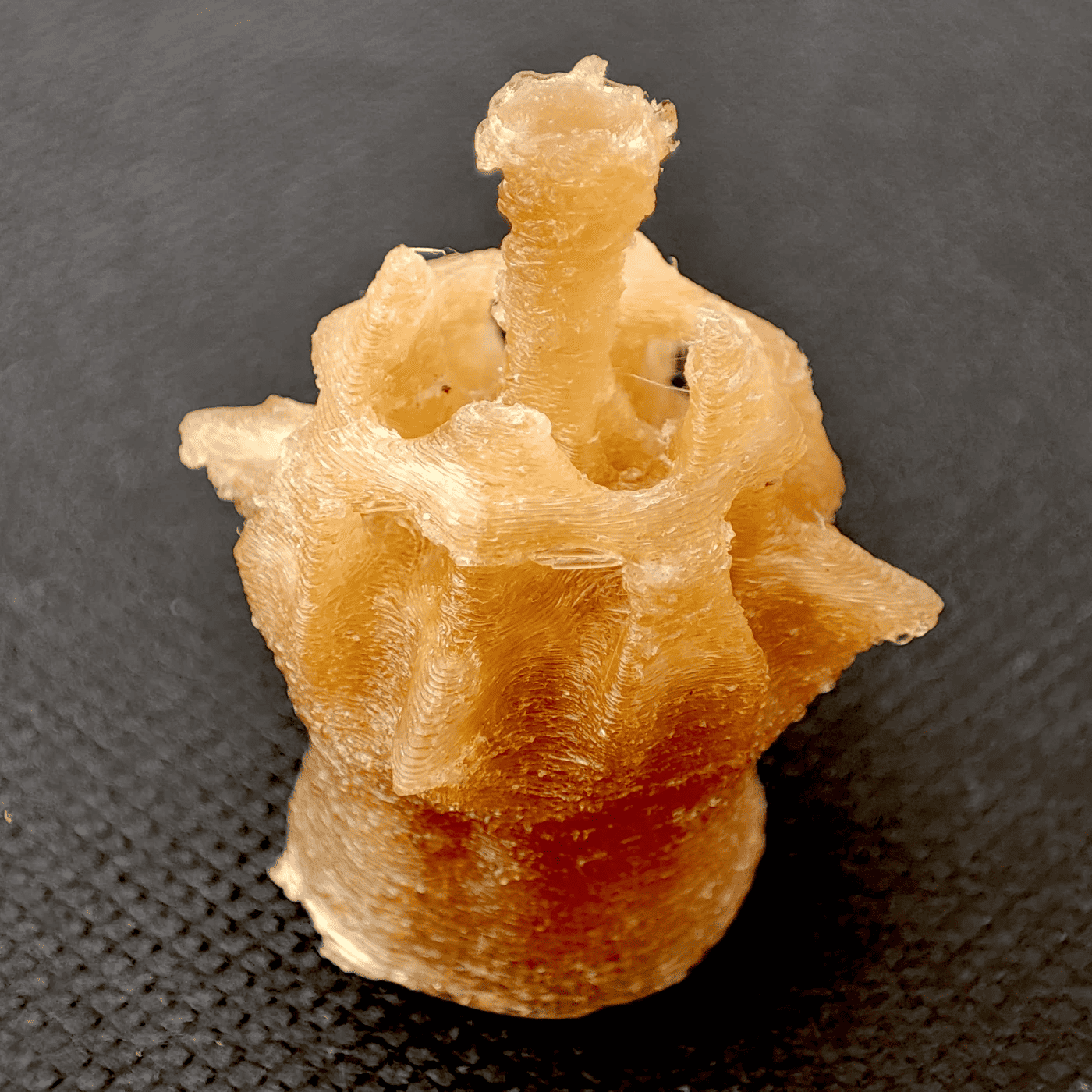
Within a very short time, a spin-off from the University of Graz found a readily available active substance that can be used against the 2019-nCoV coronavirus. The rapid success of Innophore, as the spin-off is called, is based on a computer-based platform that was developed by the company itself.
The coronavirus epidemic that emerged from an outbreak in the Chinese city of Wuhan at the start of the new year is attributed to a previously unknown coronavirus that is transferable from certain types of vertebrates to humans. It causes severe pneumonia in those affected. There have already been quite a number of fatalities.
Coronavirus 2019-nCoV
On January the 13th, 2020, the complete genome sequence of an isolate of the latest coronavirus was deposited in the NCBI Gene Bank, one of the three major DNA sequence databases. Almost simultaneously, the first detection method for the virus was announced. The term 2019-nCoV, which has since been adopted by the World Health Organisation, is regarded as provisional.
The announcement of the genome was the defining moment for Innophore. The spin-off has developed a search engine for the pharmaceutical industry as well as for industrial processes – the Catalaphore Platform. By utilizing Artificial Intelligence and Big Data, this platform can find enzymes and active ingredients both swiftly and in a cost-effective way. Usually this process requires complex and lengthy tests inside chemical laboratories. In the event of viral diseases, such as the coronavirus 2019-nCoV, time is of the essence. And this is the major advantage that the Catalaphore Platform offers.

Photo: The start-up company Innophore used bioinformatic processes to find the key enzymes and active substances for combating the 2019-nCoV coronavirus.
The search for an antidote
As soon as the genome was made public, the Innophore team started looking on their own initiative for a key enzyme in this class of viruses – and they found it. This discovery formed the basis for further efforts to find active substances that were approved for other viruses and which may, theoretically at least, be suitable for combating the coronavirus 2019-nCoV. The catalaphore platform also led the way to successful results in this search.
This identification of already approved drugs for new pharmaceutical purposes is known in research circles as drug repurposing or drug repositioning.
Consortium in the fight against coronavirus 2019-nCoV
After publication of their findings, Innophore was contacted by a representative of a large pharmaceutical company based in Beijing. Since then, the spin-off has been working with a consortium on proposals for potential drugs against the coronavirus 2019-nCoV. Alongside this pharmaceutical concern, the consortium also includes the Chinese Center for Disease Control and Prevention and a team of carefully selected bioinformaticians.
It remains to be seen over the coming weeks whether the active ingredient identified and proposed by Innophore will actually have the desired effect against the virus.
Innophore was founded in 2017 by Christian Gruber, Georg Steinkeller and Karl Gruber as a spin-off from the University of Graz and the Austrian Centre of Industrial Biotechnology (acib). With EOSS Industries as a strategic investor, the company has built up an international customer base which includes renowned major players such as Merck and Henkel.
You can find a blog post about this topic on Innophore’s website here.
Also interesting:
New medical method for measuring virus-like particles







